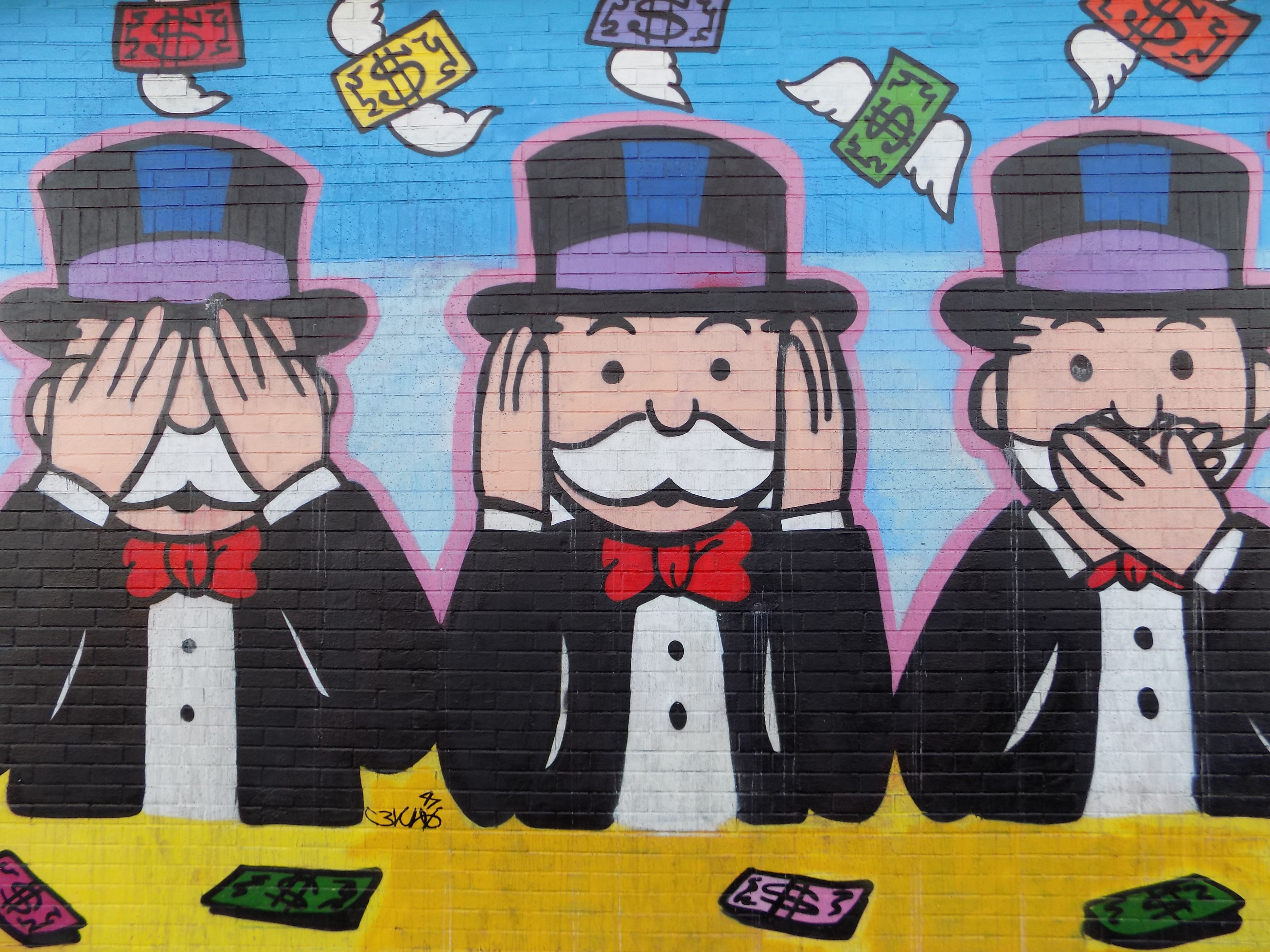Words influence emotions. Not a groundbreaking statement, but it is worth re-emphasizing from time to time because the success of every negotiation hangs on our ability to use the right words to elicit the right emotions.
The journey from being a good negotiator to “running the room” requires careful consideration and preparation of the words used with the other party. For example, saying, “Are you trying to rip me off?” is a phrase that rarely gets a positive reaction. Likewise, saying, “Let’s see how we can make this work for both of us” generally should contribute to a more collaborative discussion.
But there is one word which, depending on how it is used, can turn the tenor of the negotiation immediately more positive, and decidedly negative. The “F” word.
“Fair.”
And the question, “When is it OK to use the ‘F’ word?” is a … “fair” question to ask when in a negotiation.
“Fair” is one of those unique words in business that can operate as a sword, a shield, and even a tool of resolution. “Fair” has a unique impact as the notion of “fairness” pulls together so many other concepts. Being “fair” means one is being honest, transparent, and acting with integrity and a collaborative spirit. Everyone likes working with people who are “fair” in their behavior. Someone who is not being “fair” could be seen as untrustworthy and lacking in character. People who play “fair” in a game are playing by the rules; people who don’t play “fair” are cheaters.
Ultimately, you have to decide what you want to accomplish by using the word. For example:
The Sword: “We just want a deal that’s fair.” This use will challenge the other side, suggesting they might be acting with intent to take advantage of you. Because this use has some “bite” in that the other party may feel like their integrity is being questioned, it must be delivered in a collaborative, almost casual way. Be prepared that the other party may counter by going straight to the word: “That’s terrific; we want a fair deal as well. And what do you mean when you use the word, ‘fair’? Just so we’re on the same page.” What you can do now is have an open discussion about outcomes, collaboration and value creation. “Yes, a ‘fair” deal is in both of our interests because that will create the most value for both of us, and help build our relationship and trust for the next deal.”
The Shield: “How is that fair?” A version of this can be useful in pushing back on an illegitimate request from the other party that you need to break down. “We want you to take all of that risk…” for example, would be a statement to challenge from a fairness perspective on its face, and work to something balanced. This use will generate a negative aura from the other side for the moment, because you have challenged them, so you can quickly diffuse that by sharing what’s troubling you about the proposal. “From our view, this is a great opportunity for both of us, and saying we take all the risk feels like you get the gain and we get the pain. Maybe I misunderstand what you’re proposing.” The other side will now seek to clarify what “fair” means, and you can engage in a productive discussion.
The Tool: One of the most powerful ways to use “fair” to promote collaboration is as a label for the other party. “We’re very excited to work with your company because you have a great reputation for developing fair and balanced outcomes in these types of deals.” By telling the other side they are known to be “fair,” it creates a layer of cognitive dissonance against their future behavior, leveraging one of Robert Cialdini’s six principles of influence: consistency. People crave consistency in their behavior, and are less likely to act “unfair” if they believe they have a reputation of being “fair.”
Negotiations are ultimately about decisions; decisions are driven by emotions; and emotions are generated with words. Using the right words at the right time can be the difference between successfully negotiating a mutually beneficial deal, or destroying what could have been a lasting collaborative relationship.



